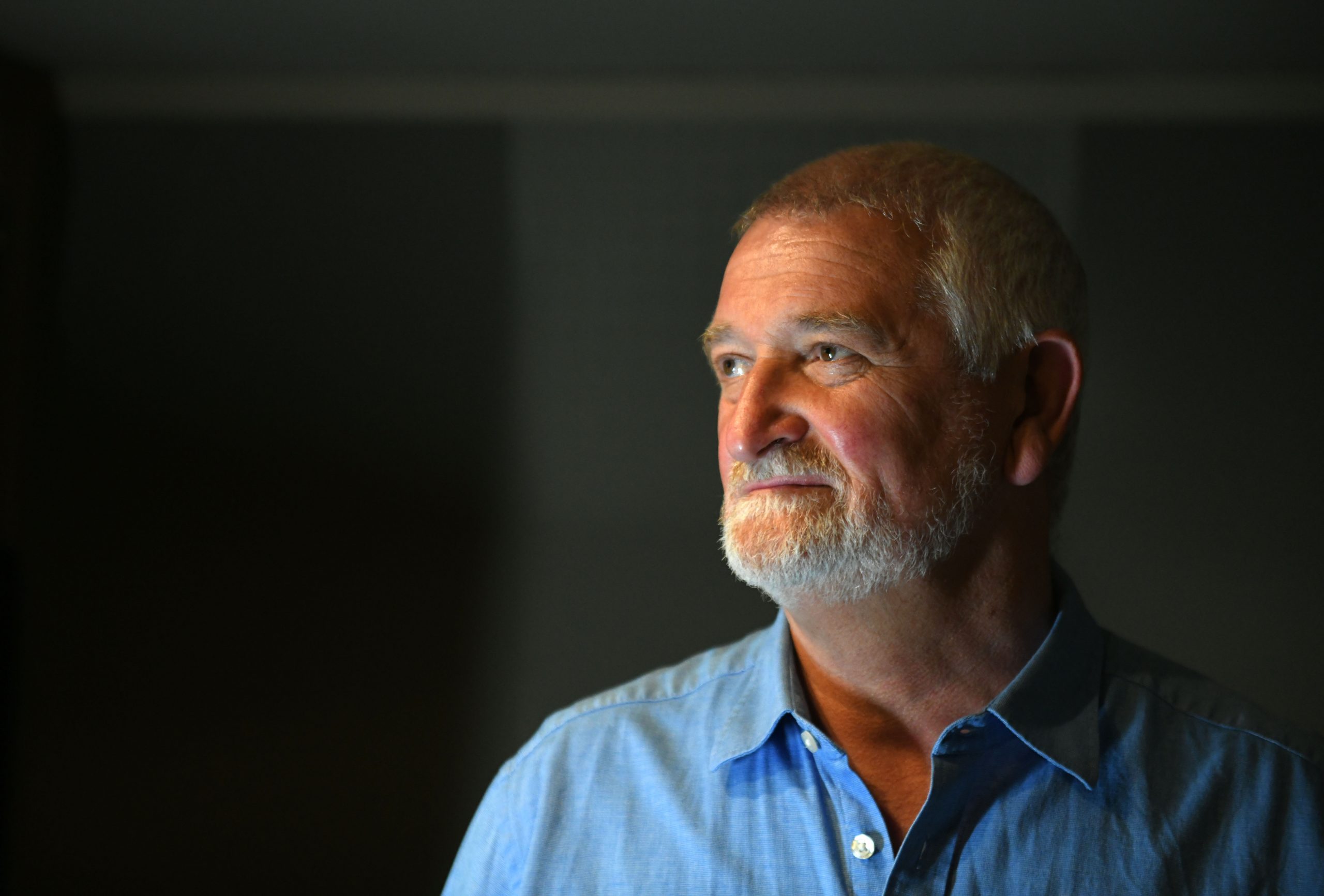For the past 26 years, Julian Erskine has been the senior executive producer with Riverdance, helping to turn a Eurovision interval act into a global touring phenomenon. One day after his retirement at the end of May, he sat down with Sam Smyth to discuss his Riverdance journey – from managing world tours before mobile phones and the internet to driving Michael Flatley and Jean Butler to the airport in the back of his Fiat Punto. In an in-depth interview, the acclaimed theatre producer also talks about the decision to remove Flatley from Riverdance, the finances and logistics of stage…
Cancel at any time. Are you already a member? Log in here.
Want to continue reading?
Introductory offer: Sign up today and pay €200 for an annual membership, a saving of €50.

